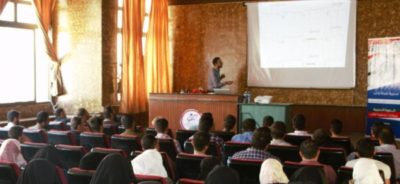Scientific Council of Urology: also known as genitourinary surgery, is the branch of medicine that focuses on surgical and medical diseases of the male and female urinary-tract system and the male reproductive organs.
Thus, a major spectrum of the conditions managed in urology exists under the domain of genitourinary disorders. Urology combines the management of medical (i.e., non-surgical) conditions, with the management of surgical conditions such as bladder or prostate cancer, kidney stones, congenital abnormalities, traumatic injury, and stress incontinence.
UROLOGISTS: receive training in open and minimally invasive surgical techniques, employing real-time ultrasound guidance, fiber-optic endoscopic equipment, and various lasers in the treatment of multiple benign and malignant conditions. Urology is closely related to (and urologists often collaborate with the practitioners of) oncology, nephrology, gynecology, andrology, pediatric surgery, colorectal surgery, gastroenterology, and endocrinology.
many urologists choose to undergo further advanced training in a subspecialty area of expertise through a fellowship.
Subspecialties may include: urologic surgery, urologic oncology and urologic oncological surgery, endourology and endourologic surgery, urogynecology and urogynecologic surgery, reconstructive urologic surgery (a form of reconstructive surgery), minimally invasive urologic surgery, pediatric urology and pediatric urologic surgery (including adolescent urology, the treatment of premature or delayed puberty, and the treatment of congenital urological syndromes, malformations, and deformations), transplanturology)

Supervision the approved training program.
Full supervision of the exam process in all its stages.
Defining the requirements for recognition of the training centers.
Defining the list of scientific references for specialization.
Conducting academic educational activities, conferences, courses and workshops.
We are open on Saturday- Thursday at 09am -3pm, except on holidays.
Urology Desieses office
Mr. Husam Abdalsamd